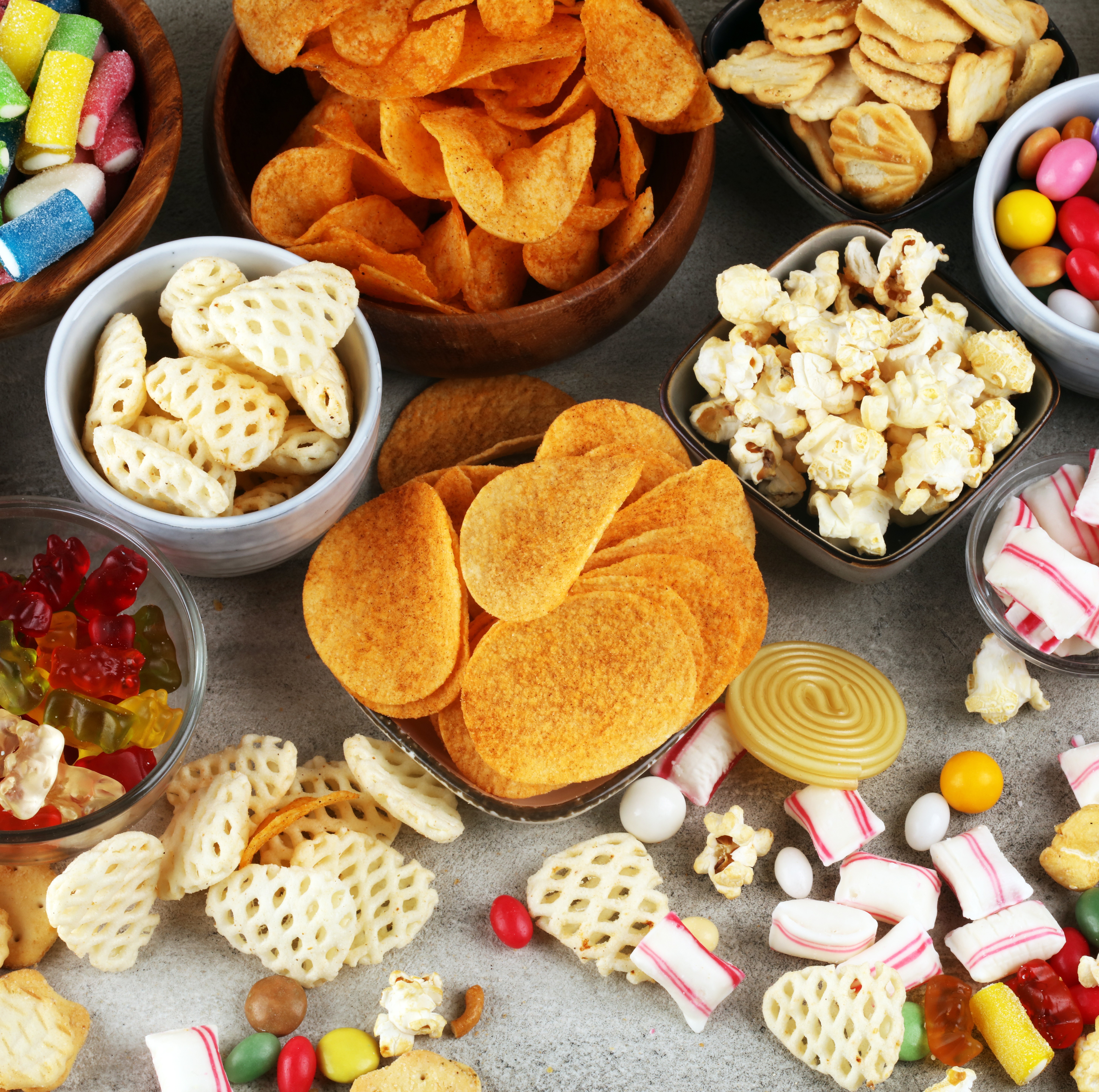
SUBSCRIBE PREVIOUS ISSUES
Spotlight
UPF and Nutrition with Dr. Andrew Bremer
Dr. Andrew Bremer is the director of the Office of Nutritional Research (ONR) under the Division of Program Coordination, Planning, and Strategic Initiatives. Given the zeitgeist shift of the past decade, he has become very familiar with many different viewpoints about ultra-processed foods (UPFs). He believes that they are, on the whole, vilified.
“The goal was really to feed the planet. That's a laudable goal.”
Dr. Bremer acknowledges that many agribusinesses and food companies created UPFs in a time of scarcity, and even today, they have the capacity to help in the fight against hunger. But there is also the common idea that UPFs are bad for the body. Dr. Bremer suggests viewing things from a more neutral perspective.
“It could be the Twinkie. It could be the hot dog. It could be those typical junk foods. But it's also yogurts with additives. It's also infant formula. It's also whole grain bread products. So you have this definition that encompasses junk food, if you will, and also foods that are associated with positive health outcomes.”
He envisions a future where UPFs are leveraged to not only be delicious to the consumer but also healthy for them as well. For Dr. Bremer, the basis for this shift towards UPFs with positive impacts starts with improving the basis of science in which policymakers can make decisions. This means that the foremost responsibility lies on the research community, including NIH.
“NIH is integral to that whole process. That's our job; to support the science, to provide the evidence base, to inform programs, practices and policies.”
Dr. Bremer admits that it likely won’t be an easy road, but that it will be monumental in improving overall nutrition and feeding the world. With a rapidly growing global population and finite resources, he doesn’t believe a world without UPFs is feasible. To him, the only way forward is up.
“I think the science that's done today is going to be instrumental for the foods that we eat tomorrow."
For the full interview, click here or listen below.
Featured Article

|
Ultra-Processed Foods and the Environment
The Fourth of July evokes images of fireworks, family gatherings and celebrations that wouldn't be complete without grilled food hot off the barbeque. While a juicy hotdog in a white bread roll could be alright every once in a while, it's important to remember how our diet impacts ourselves and the environment.
LEARN MORE
|
Take Action

| Alternatives to UPFs
There are several alternatives to UPFs that we will review in this article. Hopefully you can give one a try! Each one comes with its own benefits, drawbacks and environmental impacts.
LEARN MORE |
Fun Fact
Did you know? According to the MAHA Report, UPFs were built into the fabric of the post-World War II American society and economy. Today, roughly 70% of the over 300,000 branded food products available in grocery stores today are ultra-processed.
Newsletter Feedback If you found this article useful, please let us know! We appreciate hearing how we might improve our future articles, including topics you would like to read about. Please take a moment to complete this quick feedback form:
The NIH Green Zone Newsletter is a publication intended to inform NIH staff about the Division of Environmental Protection and NIH Green Teams projects and initiatives. The text contained in this newsletter is not copyrighted and can be reprinted without permission. If you use portions of this newsletter in your own publication, we ask that you please credit the source. We welcome your comments and suggestions. Thank you.
|
|---|
|
Division of Environmental Protection | Office of Research Facilities | Office of Management
National Institutes of Health | U.S. Department of Health and Human Services
|